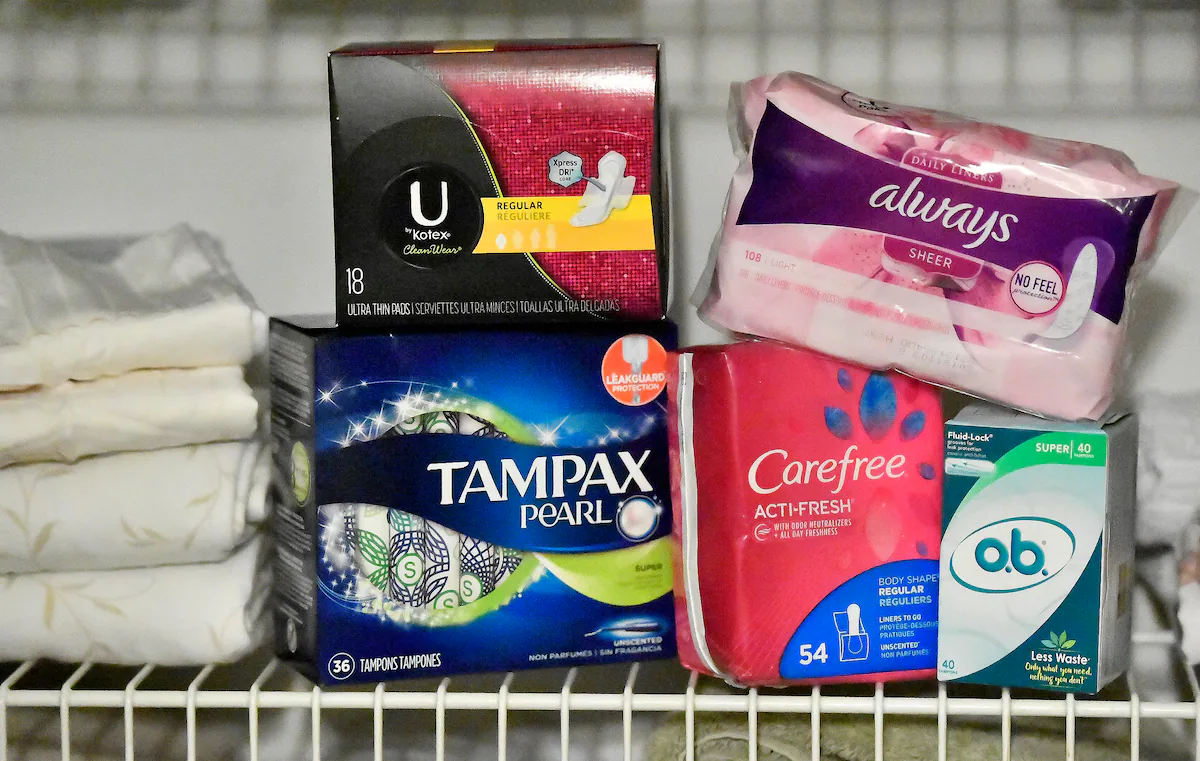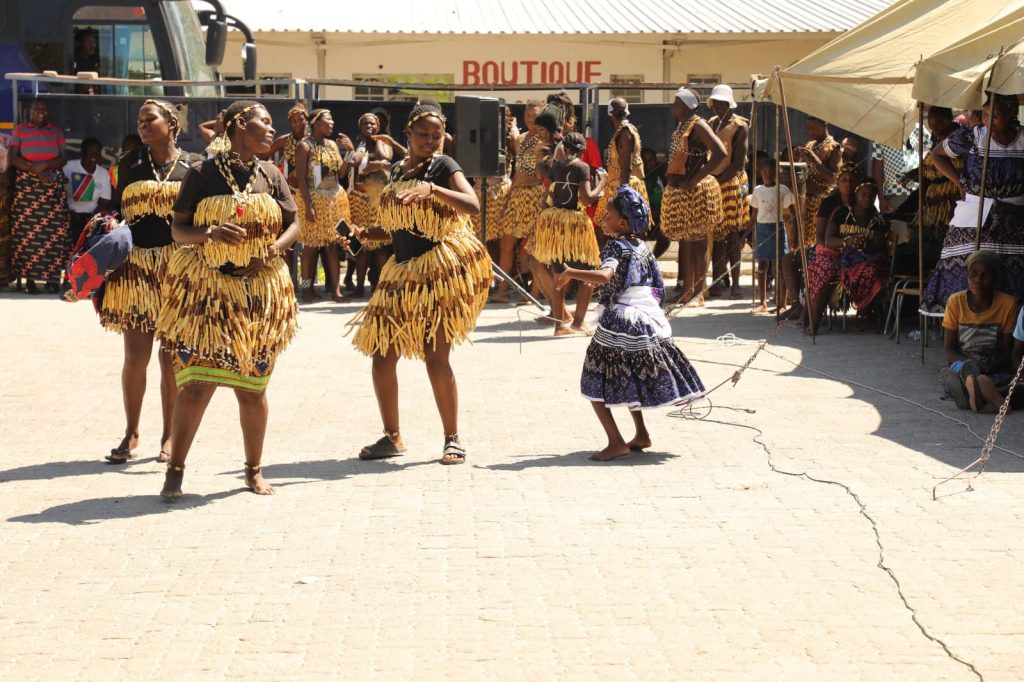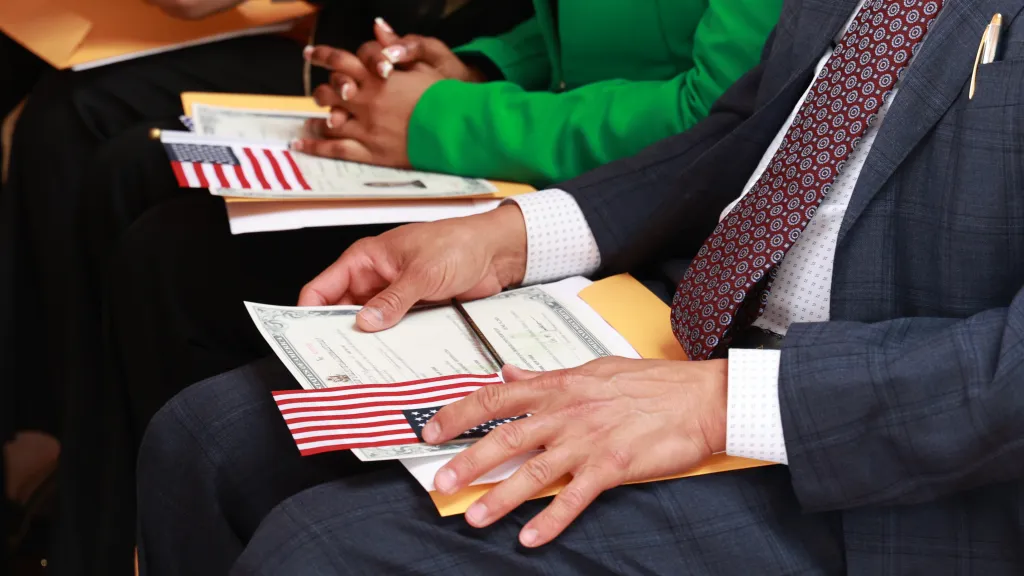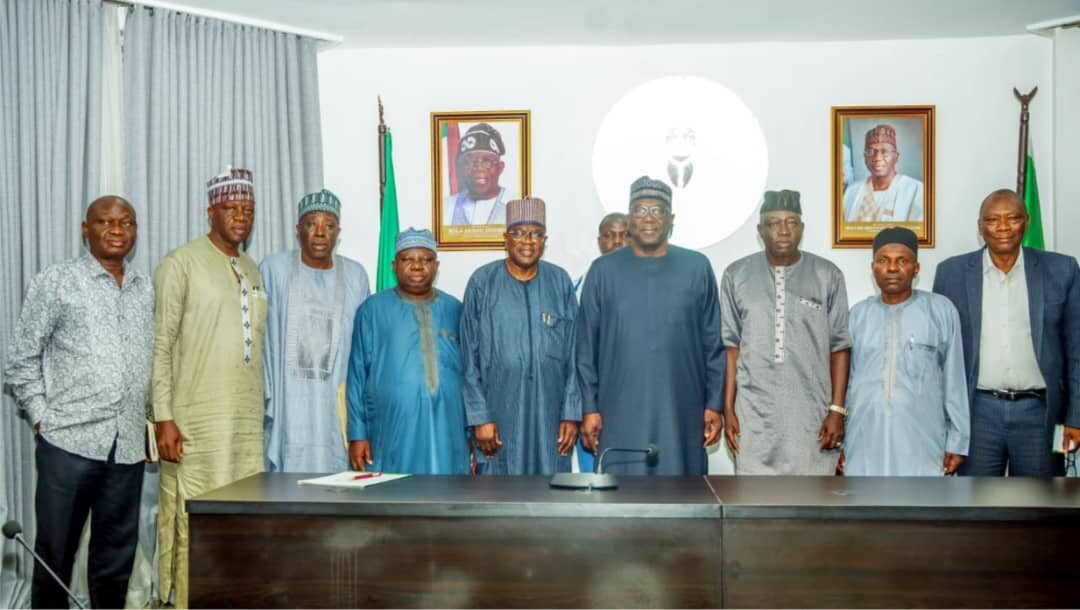
The world doesn’t make having a period easy.
There’s the physical discomfort — cramps, headaches, back pain, bloating — but there’s also the shame and silence that can come with it.
Growing up, I remember moments when my period arrived unexpectedly at school. I didn’t know what to do. Was I supposed to raise my hand and ask my teacher for a tampon in front of everyone? Whisper to a classmate and hope they had one? Go to the nurse and be treated like I was sick?
Any of those choices meant leaving the classroom, losing learning time and feeling exposed. It was humiliating — on top of already feeling physically uncomfortable. I didn’t want attention. I just needed a basic product so I could stay in class and feel like myself.
And then there was the time I bled through my cheer uniform. I was in middle school, cheering at a lunchtime rally in front of the entire student body. Our coach had told us we needed a “sport” type of tampon for performances, but those weren’t provided like our uniforms and shoes were. Tampons are expensive — especially when you need to use several in a day. My family couldn’t afford the brand our coach recommended. So I wore the pad we could afford, and I bled through. That moment — being exposed in front of everyone — has stuck with me ever since.
Those experiences were part of why I said yes when Kristin Andrus and Emily Bell McCormick invited me to get involved with The Period Project back in 2021. Growing up in South Central Los Angeles, I was already passionate about advocacy. I worked on projects that used art to combat graffiti and bring beauty and pride into our neighborhoods. When I moved to Utah at 14 years old, I watched my aunt, Rosie Peralta, fight for access to healthcare and education — and I wanted to be part of something bigger too.
This issue — lack of access to period products — is personal. But I’m not the only one with stories like these. In fact:
I’ve spent much of my life working on healthcare issues — I’ve co-founded the Bee Strong Cancer Foundation with my aunt to offer free mammograms to under- or uninsured women; advocated for a long-overdue hospital in West Valley; and helped improve health outcomes with Westside Community United.
But menstrual hygiene is a health issue, too. And just as importantly, it’s a dignity issue. It’s about making sure people feel seen, respected and supported.
Periods are hard enough. And in more traditional environments, they can be even harder — surrounded by silence, stigma and shame. In 2022, Utah passed HB162, which made period products available in K-12 public and charter schools. That policy didn’t just stock bathrooms — it started conversations. It showed that periods are not gross or inappropriate. They’re normal. They’re human. And we’re allowed to talk about them.
Testifying in front of the Senate committee in support of HB162 was one of the most nerve-wracking things I’ve ever done. But it was also one of the most empowering. I walked away with a new kind of confidence — not just as a woman who menstruates, but as a woman in Utah. A woman who used her voice. A woman who was heard.
I often think about my 11-year-old sister, and how different school will be for her. She won’t have to ask a teacher in front of the class or risk missing a performance. She’ll walk into a bathroom and see products waiting for her — no questions asked. That’s what we made happen. That’s what policy can do.
The world still doesn’t make it easy. But if we’re loud enough, they have to listen.
Halle K. Peralta is the co-founder of the Bee Strong Cancer Foundation, a nonprofit dedicated to cancer prevention and community health. Raised in Los Angeles, she has always prioritized honest work and family values. She owns a small business, La Casita De Grace, and serves on the Westside Community United resident committee for West Valley City. Her work focuses on empowering local communities through advocacy, health education and grassroots initiatives.



